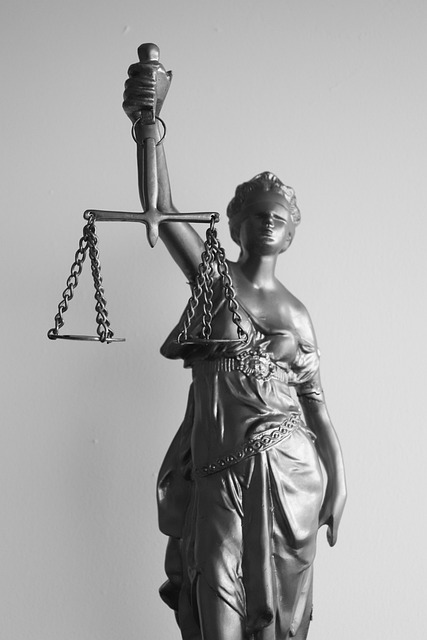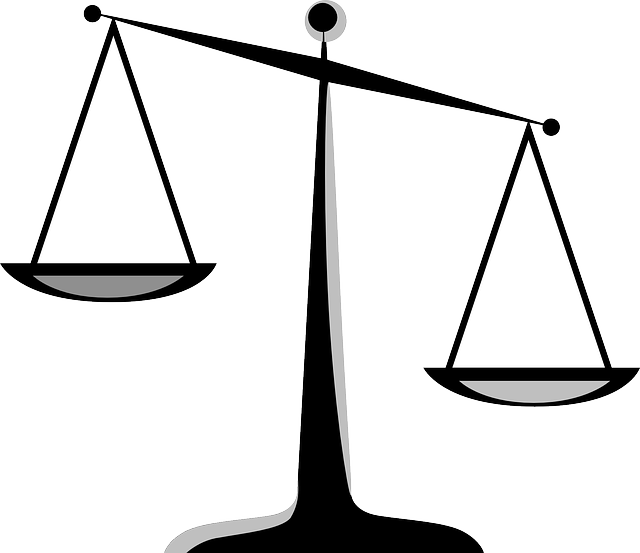Premises liability law holds property owners accountable for injuries occurring on their properties, prioritizing safety, accident prevention, and compensation for negligence victims through the "duty of care" concept. A premises liability lawyer navigates complex laws, guiding clients in understanding rights and options post-incident, from commercial to residential properties. This includes mitigating hazards, compensating victims of slip-and-falls or hazardous exposure, and ensuring justice in property disputes or employment contracts with safety protocols. These laws are crucial for protecting visitors across various settings, preventing physical harm, and addressing emotional distress or property damage caused by negligence.
Looking for clarity on premises liability law? As a premises liability lawyer, we demystify complex legal concepts to protect visitors’ safety. This article serves as your comprehensive guide, breaking down the fundamentals of duty of care and its practical application. From understanding basic legal principles to exploring real-world scenarios, gain insights into how these laws safeguard individuals on various properties. Dive into this essential read for a deeper comprehension of premises liability.
- Understanding Premises Liability Law: A Basics Overview
- The Core Principle: Duty of Care and Its Application
- Real-World Scenarios: How Duty of Care Laws Protect Visitors
Understanding Premises Liability Law: A Basics Overview
Premises liability law is a critical area of legal practice focused on holding property owners accountable for any harm or injuries that occur on their premises. This legal framework ensures that individuals have a duty to maintain safe environments, preventing avoidable accidents and compensating victims when negligence results in injury. A premises liability lawyer plays a pivotal role in navigating these complex laws, helping clients understand their rights and options after an incident occurs.
At its core, this type of law revolves around the concept of “duty of care.” Property owners and managers have a legal obligation to exercise reasonable care to ensure visitors’ safety. This duty involves regular inspections, prompt maintenance, and addressing any known or reasonably foreseeable hazards. When negligence in these areas leads to accidents, such as slip-and-falls, tripping over obstacles, or exposure to hazardous substances, victims may be entitled to compensation for their injuries through premises liability claims.
The Core Principle: Duty of Care and Its Application

The core principle of premises liability law revolves around the concept of duty of care, a fundamental legal obligation that requires property owners and managers to maintain their spaces in a safe condition for visitors and tenants. This responsibility is not merely an act of kindness but a legal mandate to prevent foreseeable harm. A premises liability lawyer explains that it applies across various scenarios, from commercial properties to residential buildings, ensuring that the rights of individuals are protected against injuries caused by negligence or unsafe conditions.
When a personal injury attorney assesses a case involving premises liability, they scrutinize how the duty of care was breached and the potential impact on those affected. This involves understanding the unique dynamics of each location, including regular inspections, maintenance protocols, and risk assessments. For instance, in cases of partnership disagreements stemming from property disputes or employment contracts where safety protocols are at play, a deep understanding of duty of care laws is crucial to ensuring justice for all parties involved.
Real-World Scenarios: How Duty of Care Laws Protect Visitors

In real-world scenarios, duty of care laws play a pivotal role in protecting visitors to various properties, from businesses to residential areas. A premises liability lawyer would argue that these laws are designed to ensure that property owners take reasonable steps to foresee and prevent potential hazards. For instance, a supermarket might be held liable if a customer slips on a spilled substance due to the store’s failure to maintain a clean floor after cleaning. Similarly, schools must maintain safe playgrounds and promptly fix broken swings or slides to avoid personal injury claims.
The concept extends beyond physical safety; it includes protecting visitors from emotional distress as well. Negligence that leads to property damage claims or wrongful death cases can also invoke duty of care obligations. For example, a construction site with inadequate safety measures could be held responsible for any injuries sustained by passerbyers due to falling debris. Thus, these laws are crucial in maintaining a safe environment for everyone, ensuring that property owners fulfill their legal obligation to visitors.
A premises liability lawyer highlights that understanding the duty of care is paramount in ensuring safe public spaces. This legal principle, rooted in the core responsibility to mitigate risks, significantly protects visitors from potential hazards. By applying these laws, businesses and property owners are held accountable for maintaining a reasonable level of safety, thereby fostering a secure environment for all.






